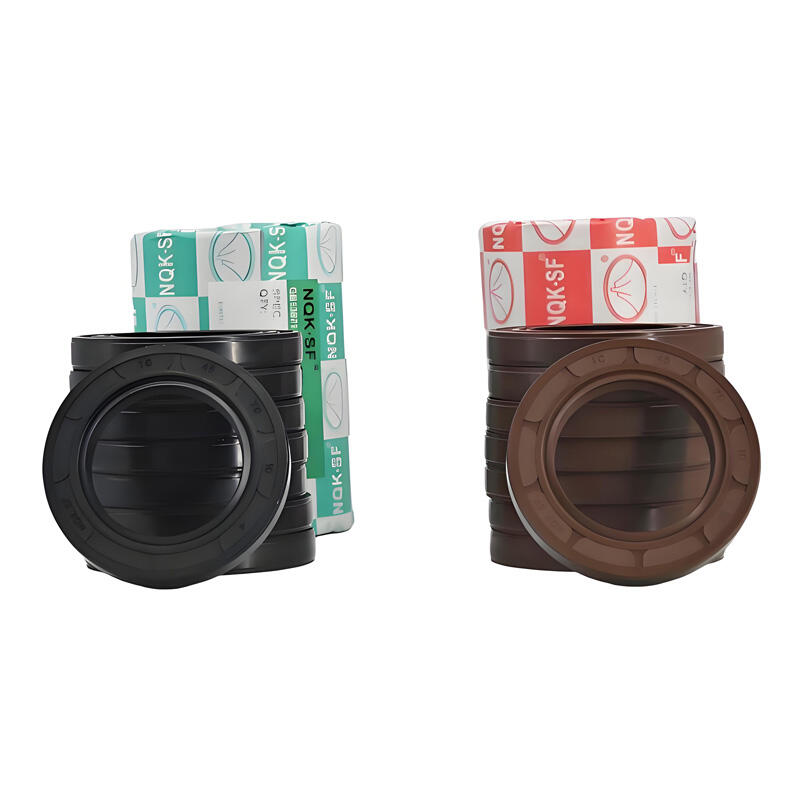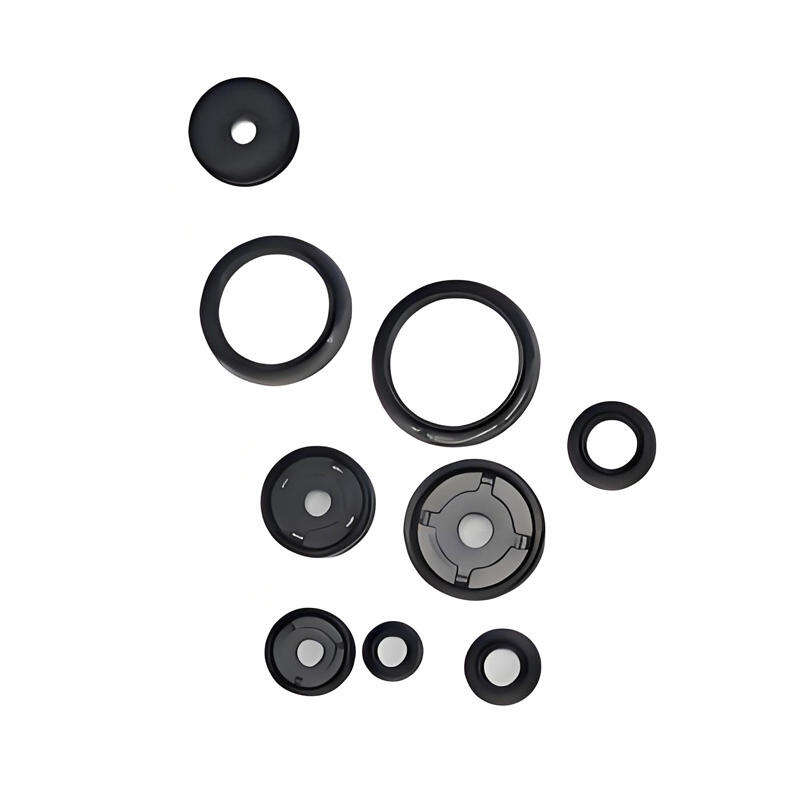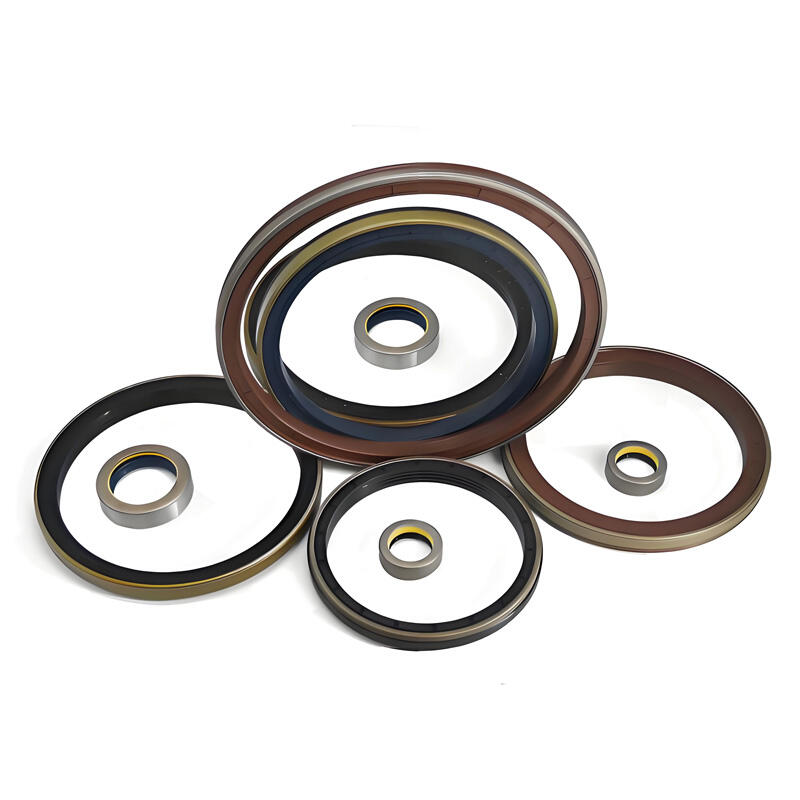shaft oil seal
A shaft oil seal is a critical mechanical component designed to prevent oil leakage and protect against contamination in rotating equipment. This precision-engineered device consists of a flexible elastomeric sealing lip that maintains constant contact with a rotating shaft, creating an effective barrier against fluid escape. The seal's primary function is to retain lubricants within machinery while simultaneously preventing external contaminants from entering the system. Modern shaft oil seals incorporate advanced materials and design features, including specialized rubber compounds that resist heat and chemical degradation, metal casings for structural support, and precisely engineered lip designs that optimize sealing pressure. These seals are essential in various industrial applications, from automotive engines and industrial pumps to heavy machinery and manufacturing equipment. The seal's design typically includes a primary sealing lip for oil retention, a secondary dust lip for protection against environmental contamination, and a metal case that ensures proper installation and maintains seal stability under operating conditions. The engineering behind shaft oil seals takes into account factors such as shaft speed, temperature, pressure, and chemical compatibility to ensure optimal performance and longevity.


